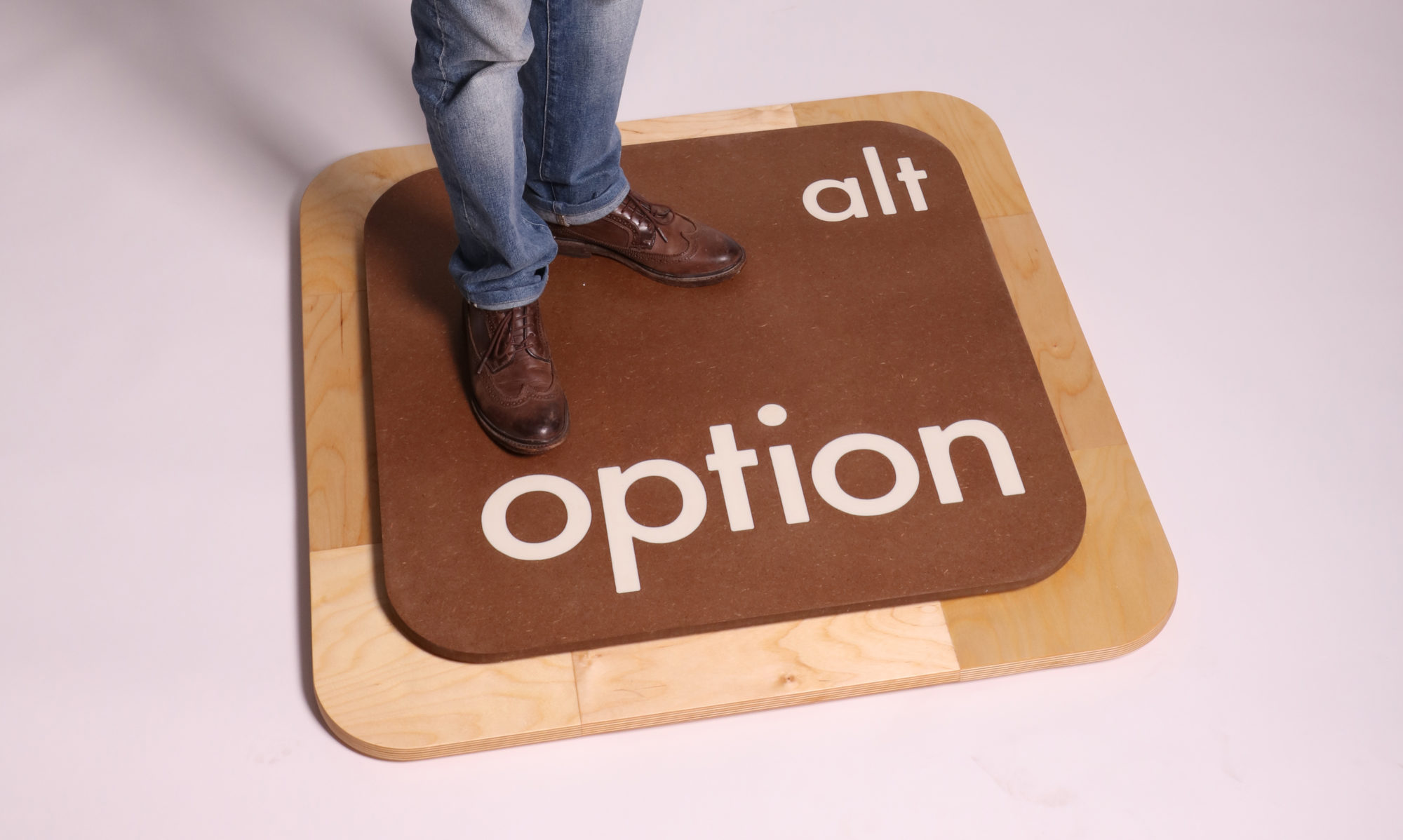- (1.1) If the game revolves around being the size of a nanometer, I would include a mechanic that lets you change your size. This could be done with a dice roll that determines how many powers of ten you can change your size (up or down). This change in size allows you to access things on the new scales that you need to collect in order to win.
- (1.2) I am making games that I would play with my friends on game night.
- (1.3) I have several close friends who would play test a game I make, and several acquaintances that invite me to their game nights that I could probably convince to play test as well.
- (2.1) Does ‘refer to the rules’ mean at any time you have ever played the game? Or does it mean games where you already know the rules or the rules are intuitive enough to not need them? No one needs to know the rules for simple games like tag or Jenga in order to just play them.
- (3.1) My gateway game was Set. I played this as a kid and loved it (still love it) so much that I remembered it 15-odd years later when I had my own money to buy games. I enjoy introducing my friends to it because they either get it and love it and want to play again, or they hate it and never want to play again but ‘maybe we could try something else?’.
- (5) Luck and strategy are integral parts of a game that make it interesting. You have to have some degree of luck to create a possibility for everyone to win. This could be rolling the die, drawing a card, or randomly choosing a character card in Pandemic because you liked the colors, not because you read what each character does. Strategy also makes a game fun. This can be choosing which Jenga bricks to pick so you have the best chance of not knocking the tower over/making it extra hard for your friends, or it could be in actually reading the character cards for Pandemic and choosing the characters you think will help you ‘solve’ the game.

design courses, syllabi, schedules, resources and policies